30 Nov #OCChangemakers 2021-2022 Project Highlights: Carly, Leah and Serisha
Ontario Community Changemakers is a fellowship and micro-grant program for young civic innovators with bold ideas to activate public space, enhance civic engagement and foster social inclusion. This program is powered by 8 80 Cities and funded by Balsam Foundation. Visit ontariocommunitychangemakers.org to learn more.
Youth for a Better Food System: Advocating for Food Justice in Ottawa
Carly Hayes, Ottawa
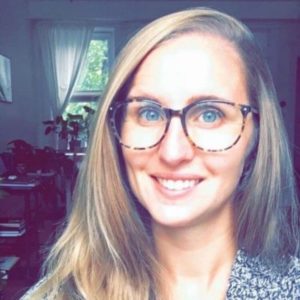 Project Goals
Project Goals
The goal of Carly Hayes’s project is to establish a Youth Food Policy Council for the City of Ottawa. “A question that often comes up when I talk to people about this project is: why do we need a Youth Food Policy Council?” says Carly. And the answer is two-fold:
-
- Focusing on the “youth” part of the equation, the traditional municipal Food Policy Council (FPC) model is structured to include members with significant experience in the local food movement. Different lived experiences, schedules, commitments and comfort levels may deter youth from participating in traditional FPCs. As the ones who will inherit the food system, youth need their forum to learn about, discuss, and advocate for the food issues that matter most to them.
- From the “policy” perspective, there are undoubtedly many people and organizations doing critical work across the city to fill in the gaps and help ensure the most vulnerable community members have access to food. By taking a policy lens to their work, the Ottawa Youth Food Policy Council (OYFPC) can advocate for systems change to close these gaps by tackling the root causes of food insecurity and injustice in a way that takes account of issues that affect and essential to youth.
The OYFPC is intended to be a mechanism through which youth can contribute to a better food system for Ottawa, where all community members have meaningful access to safe, affordable, nutritious, sustainable, and culturally relevant foods, and decision-makers and power-holders uphold the right to food in Ottawa.
The goal for the first year of this project was to engage youth in the development of an OYFPC structure; host discussions for youth to identify food policy issues that are important to them; and establish connections with other food justice and advocacy organizations in the City, to build a network of mutual support.
Highlights, Successes, & Challenges
One of the significant milestones of this Ottawa-based Changemaker’s project was establishing a connection with the Ottawa Food Policy Council (OFPC) and obtaining the Council’s buy-in and support for creating a Youth Food Policy Council. By forging a relationship early-on with OFPC, they’ll ensure that the OYFPC will have technical support and advocacy networks to draw on in its upstart.
Another significant achievement of the project thus far was establishing a partnership with Just Food. This local, non-profit, community-based organization works on food and farming issues in Ottawa and is strongly tied to food policy and advocacy work in the city. Just Food is actively involved and leading the development of a Food Strategy for Ottawa, which was gaining traction in light of the municipal election in Ottawa.
The most significant milestone of the project to date, though, was the event they held on August 17, which brought together youth across the city to explore how we can collectively advocate for food justice and better food policies for all its residents. The event featured speakers leading work at the intersections of food, climate change, farming, and livelihoods, who spoke about how they are enacting change at the municipal level. Brainstorming sessions followed these presentations to initiate an agenda for youth food advocacy and lay the building blocks for the Youth Food Policy Council.
Lessons Learned
One of the significant challenges that Carly faced in the first six months was managing this project without additional support while balancing competing priorities of a job with a heavy workload and other volunteer commitments. By building a supportive community around this project through partnerships with the Ottawa Food Policy Council and Just Food and by leaning on her broader networks, she was able to build some momentum and draw in some helping hands to push this project forward. She also adjusted her expectations on timelines – positive policy change is a long-term process. She wants the Ottawa Youth Food Policy Council to be a sustainable and inclusive space for youth to advocate for healthy and just food systems for years to come!
This speaks to what Carly has learned about herself in the last year while implementing this project. “I’ve had to learn that I am only one person, and in working to support others, I need to seek out support sometimes too. Community is critical – it’s in the name of the grant! We need our communities, both near and far, to thrive”, she says.
While it is early days to determine what kind of impact the Ottawa Youth Food Policy Council will have on the community, Hayes believes that through the connections they’ve made so far, they’ve generated interest from youth and tapped into some passions for positive food systems change. “Our non-youth partners have demonstrated that they want to support youth in establishing their voice on food policy in the city, and we’re ready to capitalize on that. I’m excited to see what the next year will bring!” adds Carly.
Twitter: @carlymariehay
#youthengagement #foodpolicy
Lavender Ceramics
Leah Walker, Hamilton
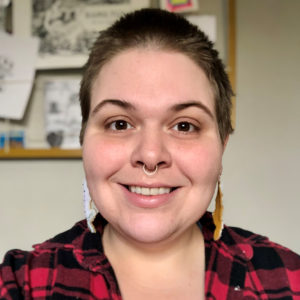
Lavender Ceramics (LC) is a creative program for queer youth ages 14-18 at the Dundas Valley School of Art (DVSA). Participants are guided through building foundational ceramic techniques while participating in a wellness space to build personal and community strength and wellness. An art therapist practicum student from The Toronto Institute for Art Therapy assists the program. All skill levels are welcome; the program is entirely free for participants.
Project Goal
The main goal of the project is to provide a wellness space for queer youth with the creative outlet of working with clay. Leah is currently working towards ensuring this program runs further into the future. Leah is working on creating partnerships with other youth-based outreach programs to bring LC further east into the Hamilton area, expanding the reach and creating more access for youth to participate in the program.
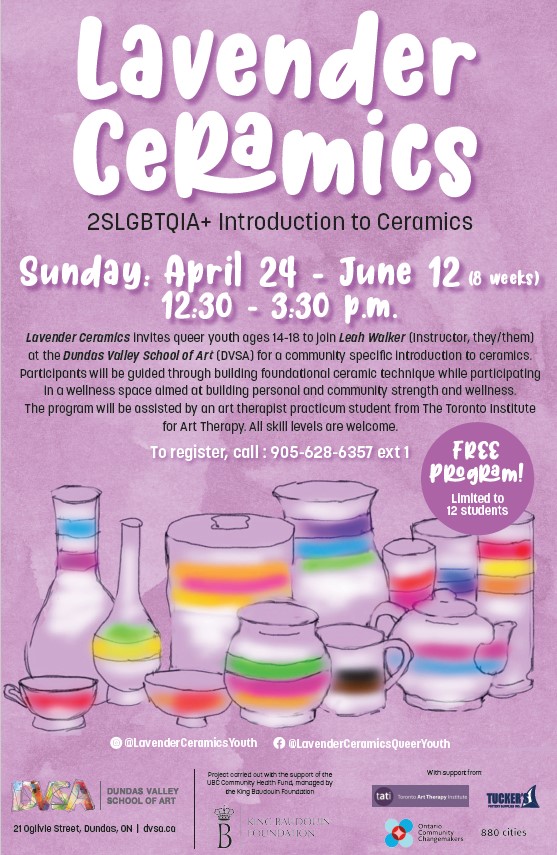
Highlights, Successes, & Challenges
This program has provided queer youth in the Hamilton area a safer space for self-exploration and creative expression while building meaningful connections with peers. DVSA has undergone inclusivity and diversity training to better house the program and youth and, by extension, the arts community. They have begun to create space within a pre-existing institution for the queer community.
“It was truly a wonderful experience to watch community connections being made between the participants,” Leah recounts. Initially, the project lead struggled to create space for critical conversation. It focused heavily on ceramic skills and creativity, but with support from the therapeutic team (Heidi Argyle, Miranda DiFlorio), this aspect of the program became manageable and exciting.
Lessons Learned
This past year, Leah learned to be patient with the planning process. Creating programs for the community doesn’t happen overnight. “Participating in the Ontario Community Changemakers program has given me the validation to realize this kind of work is possible and needed. I did not realize that creating a program for queer youth would be so cathartic for my own inner queer youth. This kind of programming would have never been available to me when I was growing up and to have a chance to make it happen all these years later was an amazing, cathartic feeling”, shares Leah.
Facebook: https://www.facebook.com/LavenderCeramicsQueerYouth
Instagram: @lavenderceramicsyouth
#socialinclusion #queerart
 Leading Colour
Leading Colour
Serisha Iyar, Ottawa
Project Goals
Leading in Colour is a community organization exclusively by and for racialized youth under the age of 30. The project goal is to train young leaders in activism-based skills that they can use to advocate for themselves and their communities through peer-to-peer knowledge sharing.
Upon receiving funds from 8 80 Cities through the Ontario Community Changemakers grant in 2021, the group hosted two tree planting events (through collaboration with Green Venture and Trees For Hamilton and attended by Christopher Cutler, advisor to the Mayor of Hamilton) as well as another litter pickup. The Children’s Committee at the Mountain Mosque has asked Project Green to organize a nature walk in September 2022. Project Green is also planning to work with the City of Hamilton to install bike racks at the front of the mosque and to advocate for the increased use of public transit to and from the mosque.
Highlights, Successes, & Challenges
Leading in Colour launched at the end of July 2019 and was born out of righteous anger. After experiencing the rejection of racialized perspectives in activist settings, Serisha and her team felt the only way to combat the white supremacy disguised as performative allyship and white saviourism was to create spaces where racialized communities could learn from each other. Using a model of peer-to-peer knowledge sharing, the goal was to centre the lived experiences and expertise of racialized youth in a way that highlighted their leadership in unlearning internalized oppressions and conducting intergenerational education in their homes. The hope was to support youth as they endeavoured to learn how to take meaningful action while representing the interests of their communities and, additionally, learn what demonstrable solidarity and active allyship can look like across oppressed and repressed communities.
With the Ontario Community Changemakers program, Leading in Colour was able to develop further their Solidarity Sessions program, first piloted in 2021. Solidarity Sessions are speaker panels dedicated to unlearning internalized oppressions. These are closed events specifically for racialized people and, in particular, youth. During each session, we examine how different oppressions manifest within (and are perpetuated by) our communities. Sessions are designed for youth to showcase their lived experiences and learn how community-led and trauma-informed decision-making work to ensure we take tangible action in solidarity with one another, ending with a call to action.
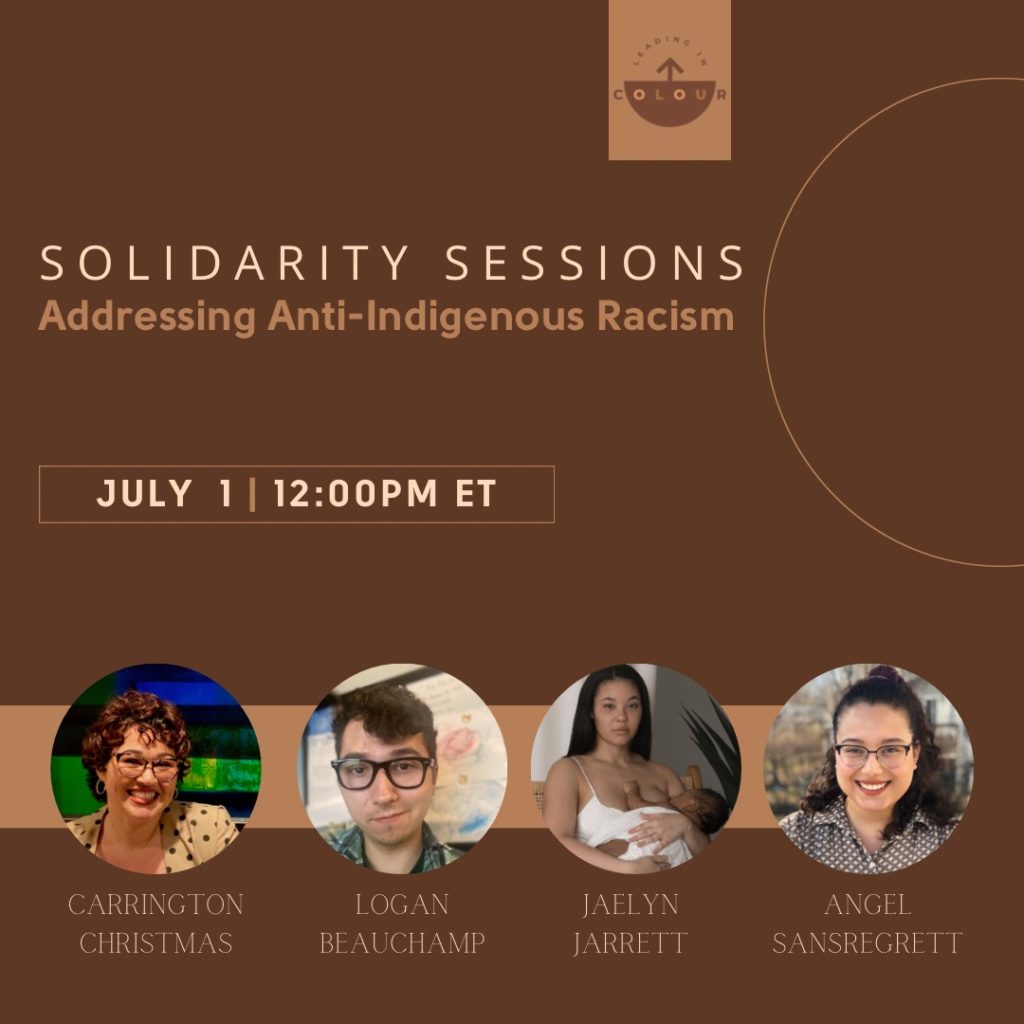
With the support of 8 80 cities, Serisha held two Solidarity Sessions in 2022. The first event addressed xenophobia towards refugees within racialized immigrant communities, while the second focused on combatting anti-Indigenous racism. At the end of the events, attendees shared their commitments to take action and educate those around them on the issues they had learned about.
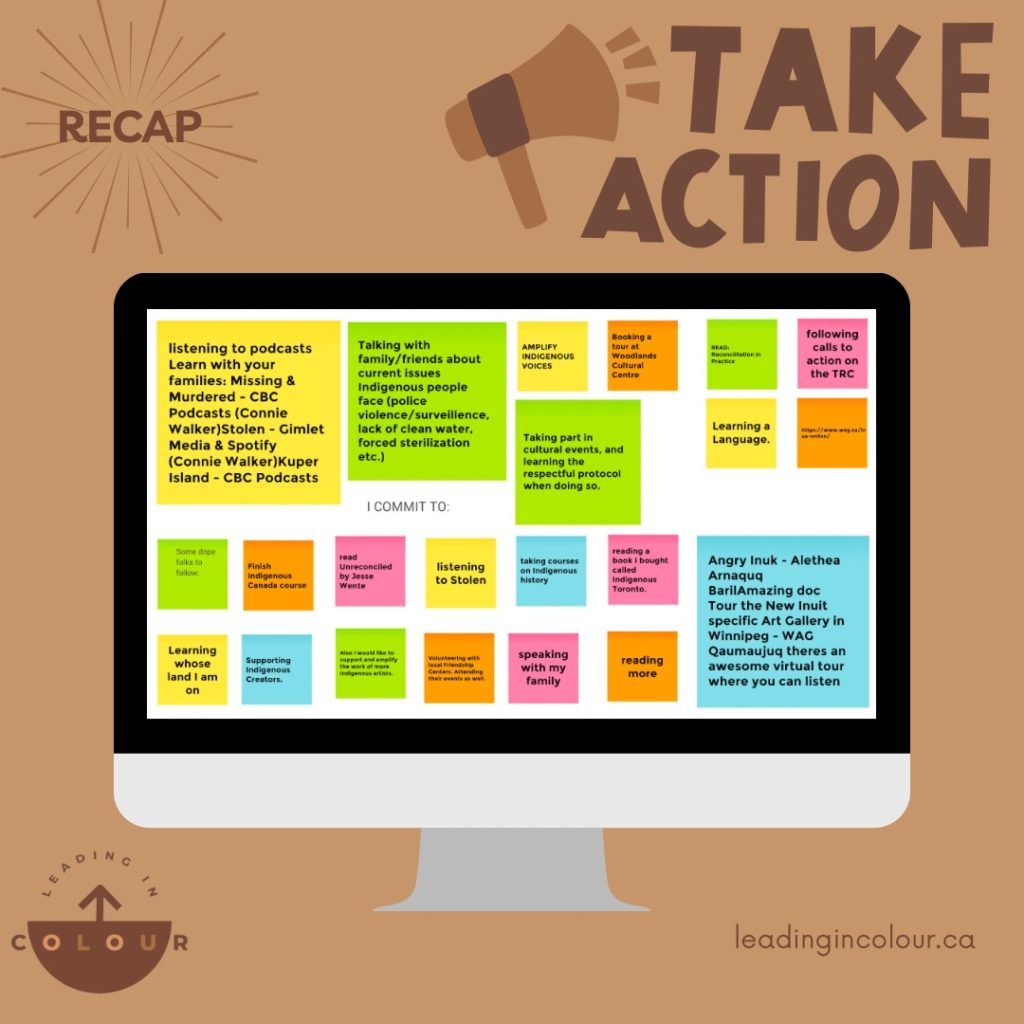
In producing this program, their most significant challenge has been finding speakers with the knowledge needed to teach others. “This is a reflection of the systemic nature of racism that exists within activist spaces that we hope to disrupt. We’ve also seen success as attendees share with us on social media how they have taken action, following through on the commitments made during the Solidarity Sessions”, shares Serisha.
Lessons learned
As a result of the Ontario Community Changemakers program and accompanying grant, I have grown as a leader in learning to trust my instincts and recognizing my strengths and capabilities rather than focusing on my weaknesses and where my support is lacking. I have also gained confidence in my own skill set and my ability to develop, facilitate and evaluate programs for youth moving forward”, she adds.
#socialinclusion #antioppression
Facebook: https://www.facebook.com/leadingincolour
Instagram: @leadingincolour
Twitter: @leadingincolour
Website: https://leadingincolour.ca/

